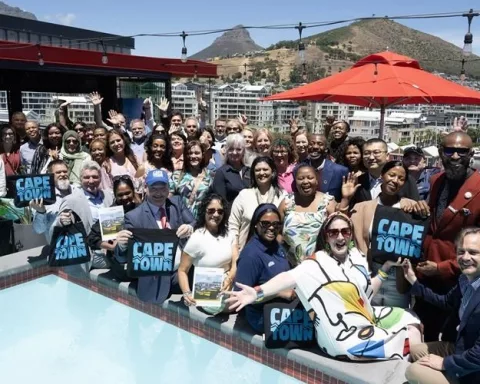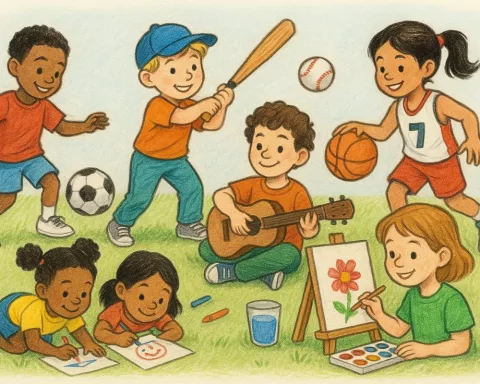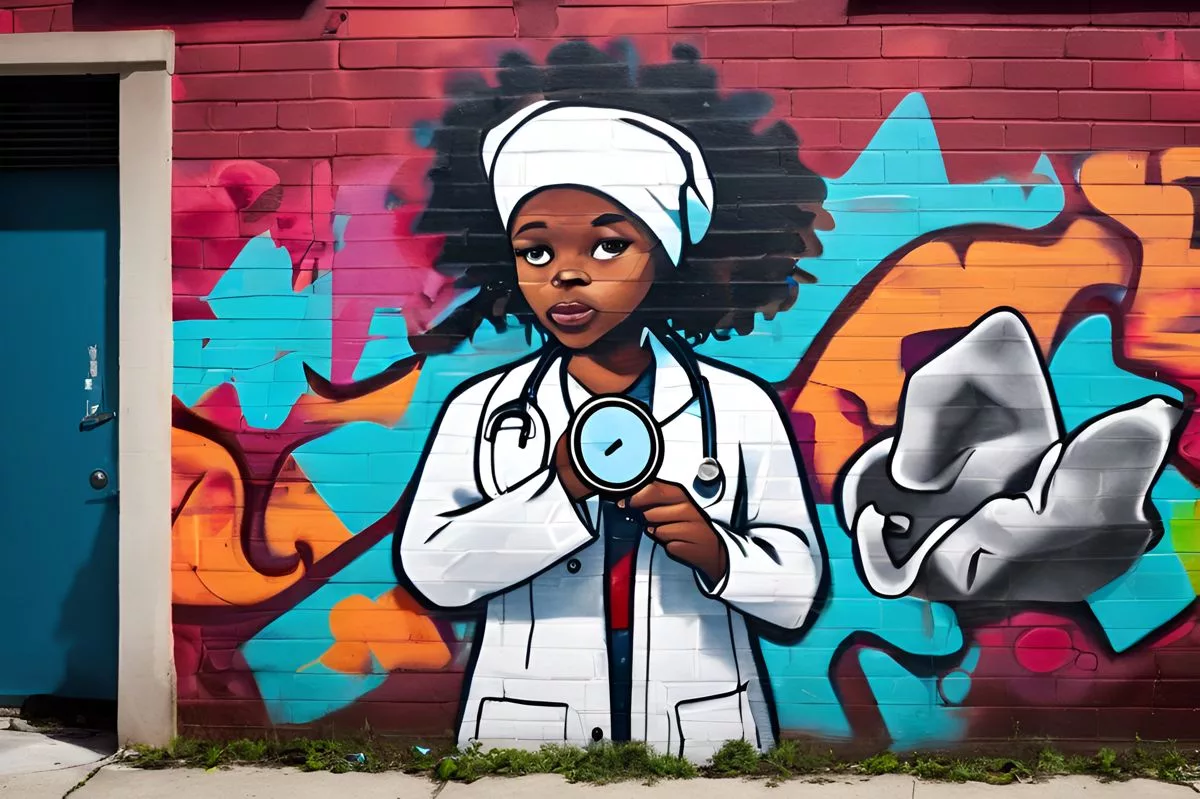In Cape Town’s usually calm Wynberg neighborhood, the trial of former teacher Iain Wares has hit a frustrating pause due to the judge’s illness, pushing the proceedings to November 26th. Wares faces serious accusations of sexual and physical abuse from the late 1980s, which have rocked the reputation of Rondebosch Boys’ Preparatory School. As victims and advocates await justice, the delays deepen their emotional pain and highlight the need for better protections for children in schools. This trial not only seeks accountability for past wrongs but also urges society to reflect on trust, safety, and the importance of standing up for vulnerable voices.
What are the implications of the Iain Wares trial in Cape Town?
The Iain Wares trial highlights the challenges of achieving justice for historical abuse victims and raises societal questions about trust, accountability, and the protection of children. Ongoing legal delays exacerbate the emotional toll on survivors, emphasizing the need for stronger safeguards within educational institutions.
In the usually peaceful suburbs of Cape Town, particularly Wynberg, a recent event shattered the characteristic calm. On a Thursday, the ongoing sexual assault trial of retired Rondebosch teacher Iain Wares encountered an unexpected setback. The court proceedings came to a halt due to the illness of the presiding judge, resulting in the trial being postponed until November 26th. This delay has caused significant frustration and concern among those invested in the case, including advocates and victims.
The Accusations and Their Impact
Iain Wares, who previously taught at Rondebosch Boys’ Preparatory School, faces severe accusations of sexual and physical abuse dating back to 1988. These charges have tarnished the institution’s reputation, once celebrated for its academic and moral standards. Women Against Child Abuse (WMACA) representative, Miranda Jordan, voiced her deep disappointment over the postponement. She emphasized the critical juncture the case had reached, with the last State witness set to testify, marking a crucial step in the quest for justice for the survivors.
The allegations against Wares are both shocking and extensive. Reports indicate that his victims, boys aged between 12 and 13, suffered horrific violations. Wares stands accused of engaging in predatory behaviors, including rubbing his genitalia against the boys and inappropriately touching their private parts. With over seventy charges in the United Kingdom alone, the scope of his alleged actions spans continents and decades, painting a grim picture of a long-term predator.
Testimonies and Further Legal Proceedings
The courtroom drama intensified when a second state witness, believed to be the spouse of one of Wares’ alleged victims, prepared to testify. Her husband, known only as Stephen, had previously given his testimony in July. These personal accounts are crucial, offering a glimpse into the enduring impact of the abuse on victims and their families. These narratives go beyond legal formalities, representing voices that demand acknowledgment, justice, and closure.
Justice Minister Thembi Simelane confirmed that Wares would face additional legal scrutiny in Scotland, where more child abuse charges await. The potential for extradition adds another layer of complexity to this already intricate case. It remains uncertain whether Wares will appeal this decision or seek a review, further complicating the legal and emotional landscape.
Broader Implications and Societal Reflections
The trial of Iain Wares is a stark reminder of the vulnerability of children and the vast consequences of unchecked power and authority. The delayed trial highlights the slow and often painful journey toward justice for victims of historical abuse, with each postponement adding to their suffering. However, beyond the specific legalities, the Wares trial prompts broader reflections on societal values and responsibilities. The allegations strike at the heart of trust—trust in educators, institutions, and the systems designed to protect the young and innocent. This breach is not just a legal violation but a profound moral and ethical one, challenging communities to re-examine and strengthen their safeguards.
Cape Town, a city renowned for its rich history and culture, is now grappling with a narrative of darkness and betrayal. The Wares case, while focused on a specific individual, resonates with broader themes of accountability and justice within post-apartheid South Africa. The education system in South Africa, despite significant transformations, still bears the scars of past injustices. The struggle for justice for Wares’ victims parallels the larger societal struggle for healing and restitution. It serves as a poignant reminder that the past, though seemingly distant, can cast long shadows over the present.
The Role of Activism and Community Support
Artistic movements and literary works often explore themes of abuse and redemption. The Wares trial invites comparisons to the haunting narratives found in the works of writers like Nadine Gordimer and J.M. Coetzee, who delve into the complexities of human morality, power dynamics, and the quest for justice. The raw emotions and ethical dilemmas in these works mirror the real-life struggles of Wares’ victims as they seek justice and recognition.
Moreover, the trial highlights the crucial role of activism and civil society in addressing historical abuses. Organizations like WMACA play an essential role in amplifying the voices of the marginalized and demanding accountability. Their efforts underscore the power of collective action in the face of systemic failures. While the courtroom is the primary battleground for justice, the broader community’s support is indispensable. Advocacy groups, support networks, and public awareness campaigns all contribute to creating an environment where survivors feel empowered to come forward.
Cape Town’s Duality and the Pursuit of Justice
Amidst the legal and emotional turmoil, Cape Town continues to thrive with its vibrant life and cultural landmarks. The city’s bustling streets stand in stark contrast to the somber proceedings in Wynberg Regional Court, highlighting the duality of human experience—the coexistence of beauty and pain, hope and despair. As the trial of Iain Wares progresses, the world watches, not just for the legal outcomes, but for the broader implications on justice, morality, and societal values. This case serves as a microcosm of the larger battles fought in courtrooms and communities worldwide. It is a stark reminder that the journey toward justice, though fraught with delays and difficulties, is an essential and noble pursuit.
FAQ: Legal Delays and Frustration in Cape Town
What is the current status of the Iain Wares trial in Cape Town?
The trial of Iain Wares has been postponed to November 26th due to the illness of the presiding judge. This delay has caused significant frustration among victims, advocates, and the broader community.
What allegations are being made against Iain Wares?
Iain Wares faces serious accusations of sexual and physical abuse dating back to the late 1980s when he was a teacher at Rondebosch Boys’ Preparatory School. Reports indicate he engaged in predatory behavior against boys aged 12 to 13, with allegations including inappropriate touching and other severe violations.
How do the delays in the trial affect the victims and their families?
The ongoing legal delays deepen the emotional pain for survivors and their families. Each postponement adds to their suffering and highlights the challenges faced by historical abuse victims in seeking justice.
What broader societal issues does the Wares trial highlight?
The trial raises critical questions about trust, accountability, and the protection of children within educational institutions. It serves as a reminder of the vulnerabilities faced by children and emphasizes the need for stronger safeguards against abuse in schools.
What role do advocacy groups play in this case?
Organizations like Women Against Child Abuse (WMACA) are crucial in advocating for victims, amplifying their voices, and demanding accountability. They play a significant role in raising public awareness and supporting survivors through their legal battles.
How does the Wares trial reflect the historical and social context of South Africa?
The case serves as a poignant reminder of the long-lasting impacts of past injustices in the South African education system. It not only addresses individual accountability but also reflects broader societal struggles for healing and restitution in a post-apartheid context.











